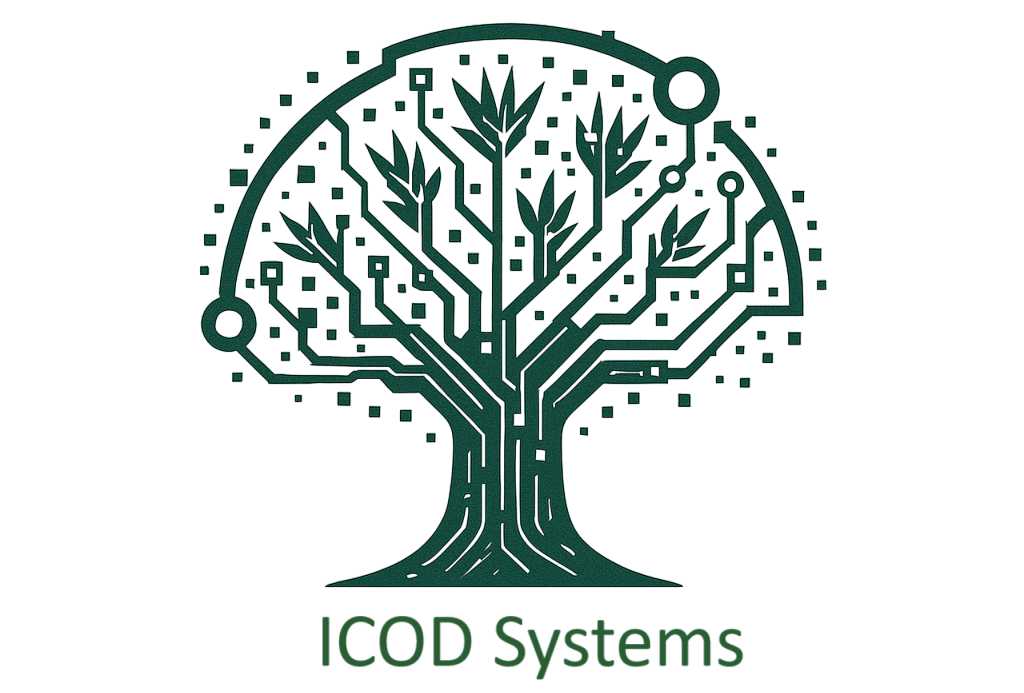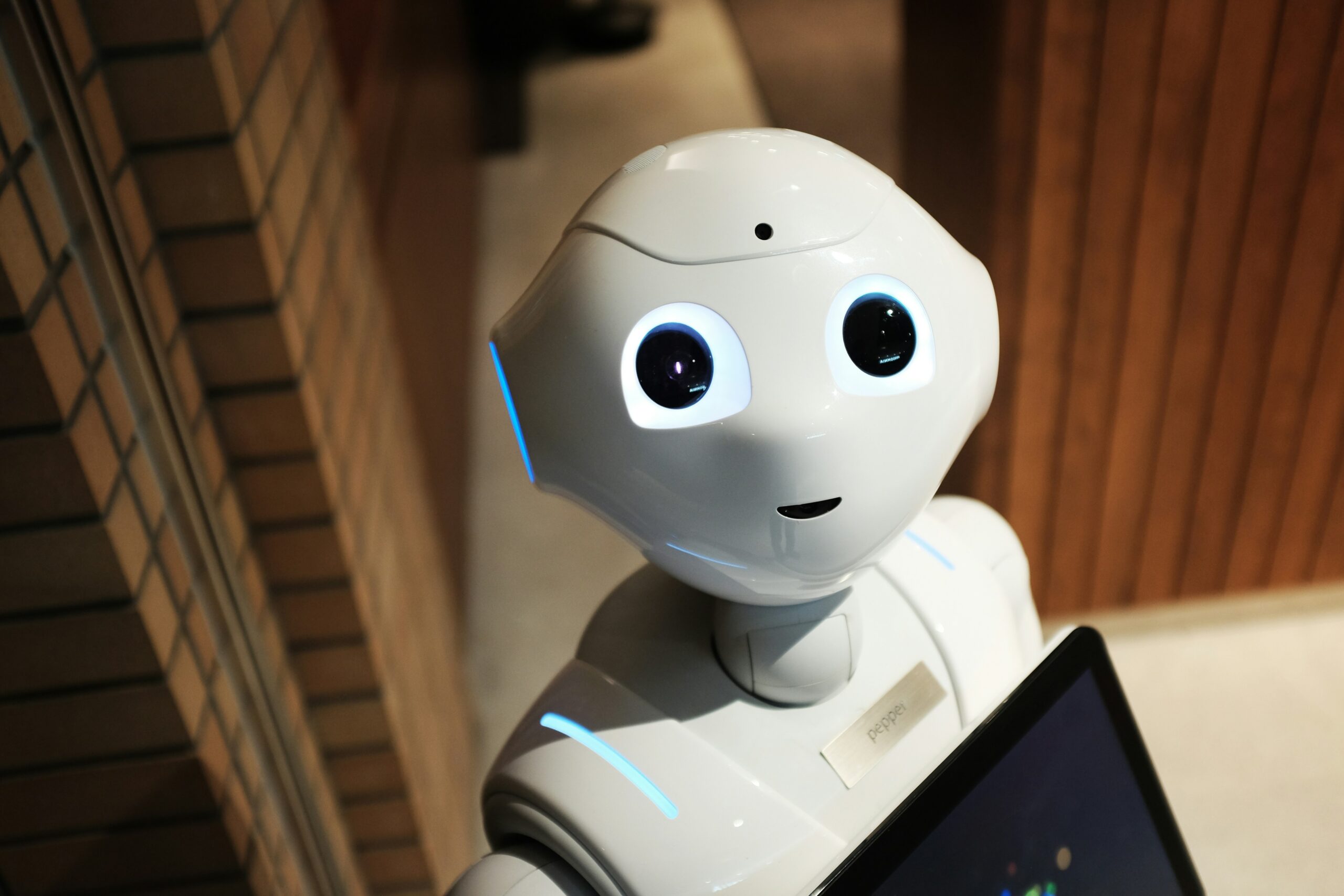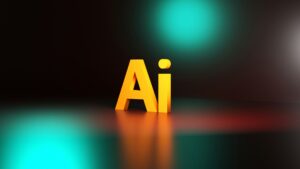Every industrial revolution has sparked fear: machines replacing humans, automation killing jobs, intelligence becoming artificial.
But history teaches us something different — technology doesn’t erase work; it redefines it.
The rise of robotics and AI marks a shift from physical productivity to cognitive collaboration. Machines can execute faster, but humans can imagine, question, and empathize — the true currency of the next economy.
🔧 The Tasks That Will Transform
Routine and repetitive tasks are the first to go: data entry, simple manufacturing, basic reporting. These will evolve into supervised automation, where humans oversee algorithms, ensuring quality, ethics, and context.
🚀 The Roles That Will Rise
- AI System Supervisors – people ensuring machines perform responsibly.
- Digital Twin Designers – specialists creating virtual models of physical systems.
- Human-AI Mediators – experts in collaboration between people and algorithms.
- Automation Ethicists – professionals defining moral boundaries for machine decisions.
🤖 The Human Advantage
Robots don’t create meaning. Humans do.
The future of work isn’t about competing — it’s about designing collaboration that leverages machine precision and human intuition.
Those who embrace that duality will lead the next wave of innovation.
“The future of work isn’t man or machine. It’s man through machine.”




